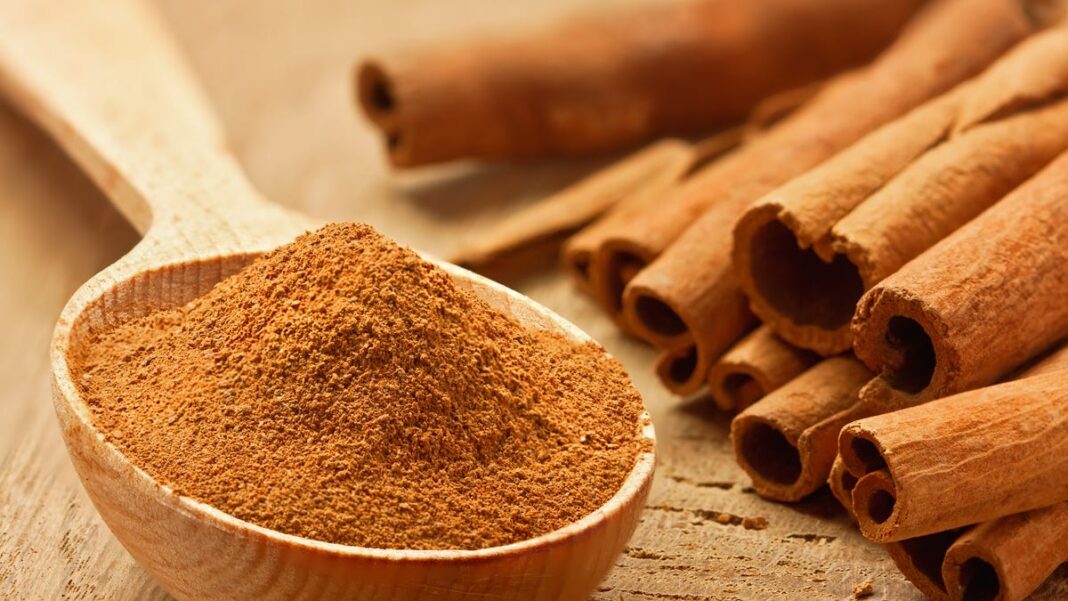Lead contamination found in some cinnamon brands: Is it still safe to use?
Recent findings indicate that certain popular brands of cinnamon contain lead. Should this raise alarms for your autumn baking plans?
A recent analysis by Consumer Reports, a nonprofit organization dedicated to helping consumers determine product safety and quality, discovered concerning lead levels in cinnamon powder and various spice blends from 12 brands. The implicated brands include Paras, EGN, Mimi’s Products, Bowl & Basket, Rani Brand, Zara Foods, Three Rivers, Yu Yee Brand, BaiLiFeng, Spicy King, Badia, and Deep.
The tested cinnamon powders and spice mixes from Consumer Reports revealed lead concentrations exceeding 1 part per million (ppm), a threshold that New York State uses to flag items for potential recall. Experts from Consumer Reports recommend steering clear of these products.
What does this mean for your kitchen?
According to Caroline Thomason, a dietitian based in Washington, D.C., “While the news of lead contamination in cinnamon is indeed alarming, it’s important to note that not all brands are affected, and concerns seem largely restricted to ground cinnamon.”
Here’s what experts suggest regarding the origins of cinnamon and how to safely enjoy your favorite fall flavors.
Where does cinnamon originate?
Cinnamon is derived from the dried inner bark of certain evergreen trees, as detailed by Britannica. Primarily hailing from Sri Lanka, Myanmar, and parts of India, it is also cultivated in South America and the West Indies. The common ground cinnamon found in stores is processed by peeling the bark, drying it, and grinding it into a fine powder.
What health benefits does cinnamon offer?
Research indicates that cinnamon may possess anti-inflammatory qualities and can help lower levels of high cholesterol, triglycerides, and blood sugar — particularly advantageous for individuals with type 2 diabetes. However, Johns Hopkins Medicine points out that while it provides a way to satisfy a sweet craving without added sugar, cinnamon isn’t a substitute for diabetes medications or a diet focused on carbohydrate control.
Thomason describes cinnamon as “the cozy blanket of fall for your meals,” noting that it can enhance flavors in dishes like oats, smoothies, and roasted vegetables — “it’s fantastic on sweet potatoes.”
Is cinnamon safe to consume?
The U.S. Food and Drug Administration (FDA) warns that prolonged exposure to products with heightened lead levels may be unsafe and could lead to increased blood lead levels. Long-term exposure can result in various health issues, including high blood pressure, joint and muscle pain, headaches, abdominal discomfort, memory problems, mood disturbances, and reproductive health issues, as highlighted by the Mayo Clinic. Young children, particularly those under six, are especially sensitive to lead exposure, which can cause developmental and learning challenges, weight loss, fatigue, gastrointestinal problems, hearing loss, and even seizures.
When purchasing ingredients for cinnamon coffee cake or pumpkin pie this autumn, Thomason recommends selecting brands of cinnamon that are tested for heavy metals or have received safety certifications from reliable third-party organizations.
“This doesn’t diminish the benefits of cinnamon, but it’s a reminder to be diligent regarding the sources of our spices,” Thomason advises. “It’s wise to be aware of the origin of your cinnamon and choose reputable, high-quality brands. While the renowned health benefits of cinnamon are substantial, one should also be cautious of potential contaminants.”
Consumer Reports identified some cinnamon and spice products from brands that tested below the concerning lead levels and are considered safe. These brands and their lead content include:
- McCormick cinnamon (0.23 ppm)
- Kirkland Signature organic Saigon cinnamon (0.80 ppm)
- Great Value ground cinnamon (0.79 ppm)
- Trader Joe’s organic ground cinnamon (0.69 ppm)
- Good & Gather ground cinnamon (0.56 ppm)
- Simply Organic cinnamon (0.28 ppm)
- 365 Whole Foods Market ground cinnamon (0.12 ppm)
- 365 Whole Foods Market organic ground cinnamon (0.02 ppm)
- Sadaf cinnamon powder (0.04 ppm)

